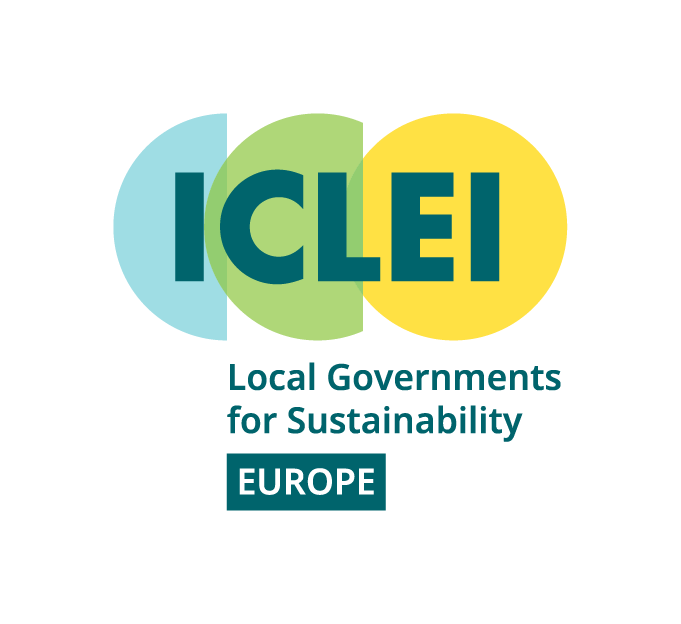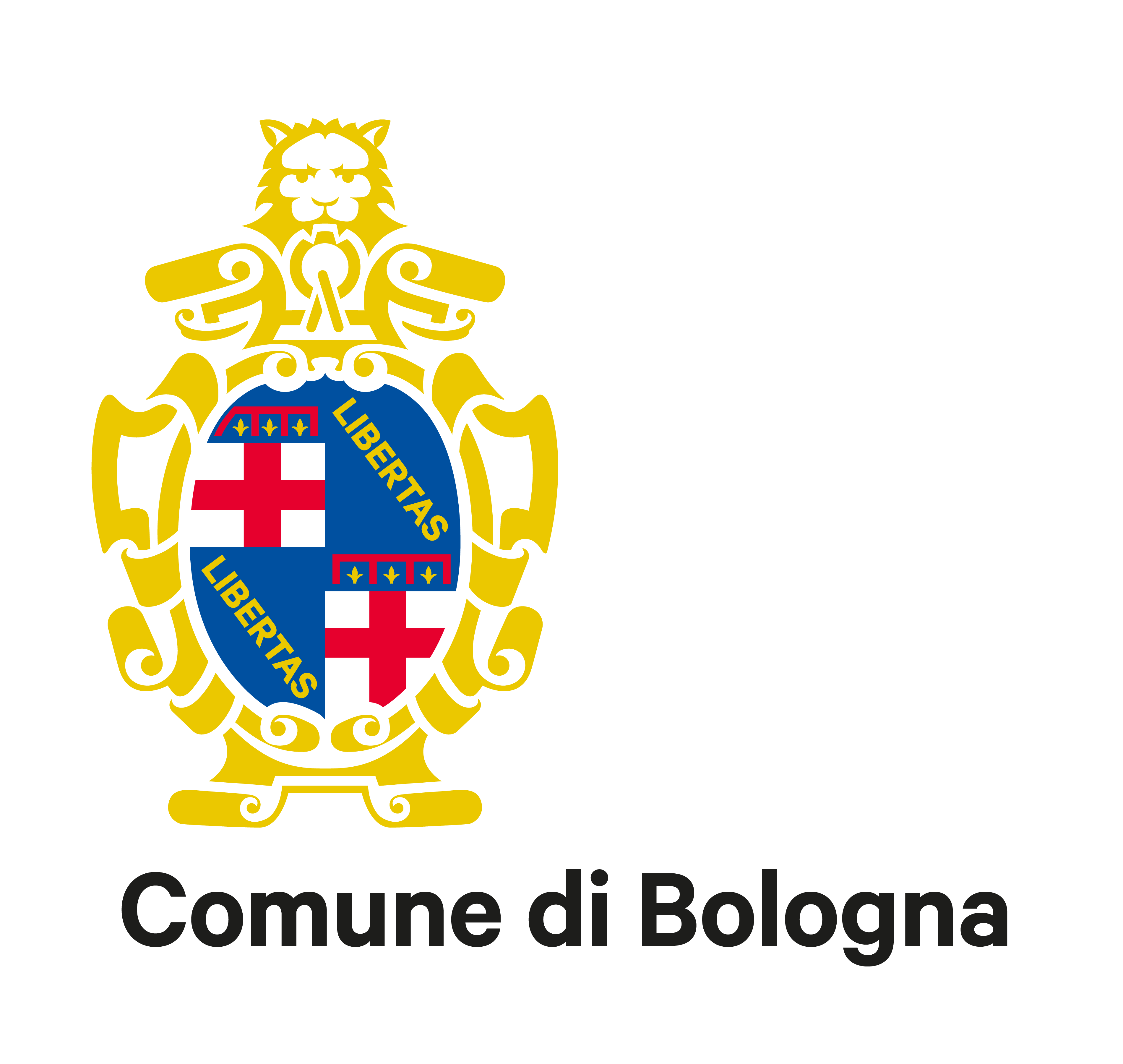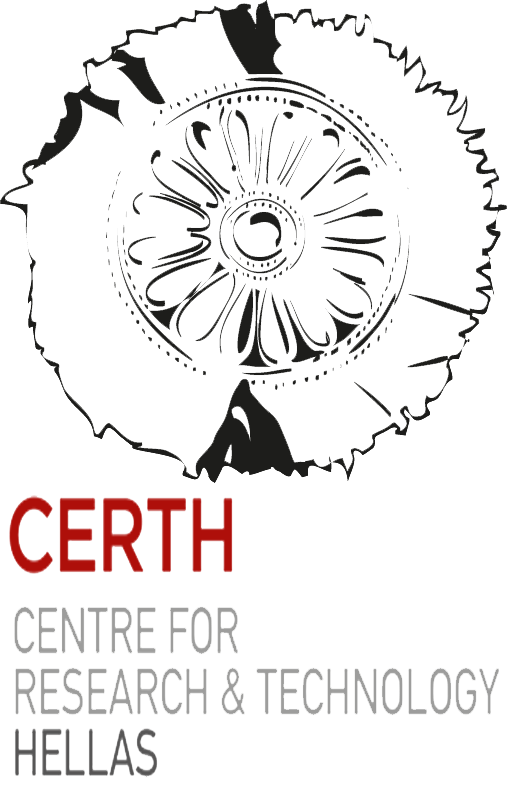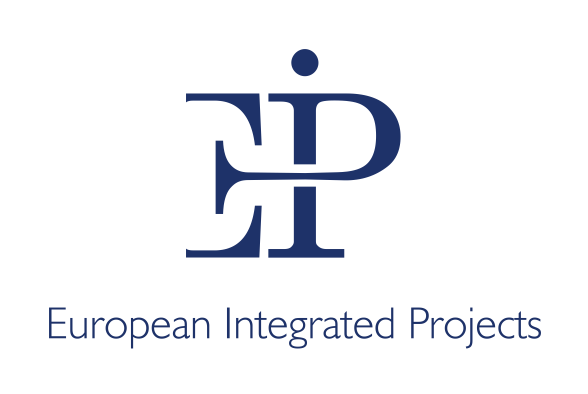
News
FastTrack: A Final Outlook
25 July 2023
The FastTrack Project has come to a close, and with it a time to look back on the progress made over the last two and half years. FastTrack achieved a number of impressive milestones, including engagement with 23 cities and regions, organising five Capacity Building Weeks and Learning sequences, 83 core activities, and had over 600 individuals actively involved in the project, to name only a few.
Reflecting on the journey
Throughout the project life time FastTrack explored a large number of challenges and learning needs. By the end of the capacity building programme, not all have been addressed but the feedback from the local representatives shows that for all challenging dimensions including data collection and management, governance, funding and financing, as well as the capacity to select and implement innovation there has been a positive learning curve. This underlines the positive impact of peer-learning on the capacities and skills of local representatives.
However, the challenges faced by local authorities most of the time require more than individual learning progress and should be complemented by institutional learning and institutional changes. In some specific cases the FastTrack project has managed to generate and initiate such institutional changes for instance through improved internal collaboration processes in more than half of the cities involved. Other challenges require commitment from stakeholders on which the project had no direct impact. Nonetheless the 23 representatives have now gained further capacity in identifying and addressing the challenges in a collaborative manner.
While the representatives that took part in FastTrack did not fundamentally manage to reduce the number of challenges faced, they were able to identify them more specifically, foresee difficulties in advance, which for many was perceived as a great added value in avoiding future bottlenecks, and thus ultimately allowing them to save time in the overall implementation process.
By learning from each other, city representatives developed a common understanding and exchanged advice and solutions to overcome bottlenecks. As such, they have become ambassadors of the newly gained knowledge and skills in their own local context. Further support in that endeavour could be of use and might allow them to tackle some more of the remaining challenges that you can read about in the Final Report D2.4.
Looking ahead
With the progress that was made throughout the project, a number of key resources were created which future cities can use as they work to implement sustainable mobility innovations in their communities. A series of FactSheets dive into FastTrack’s four thematic clusters as well as the four cross-cutting themes explored within the project, including Behaviour Change, Funding, Data Management, and Governance. A series of Case Studies showcase eight FastTrack cities in their journey toward innovation deployment. What challenges did they face in implementing their innovation, and what acceleration factors helped facilitate this implementation can serve as examples for future cities to learn from. And finally Final Recommendations assemble key learnings on how cities can accelerate the deployment of sustainable mobility innovation. In addition to these resources, the Deployment Plan template can be found in 18 different languages, so that cities across Europe can apply the FastTrack framework in their own context.
All of FastTrack’s resources can be found on the website as well as on an E-learning platform, City Consult Agency. In an online course entitled “Accelerating the roll-out of sustainable mobility innovations”, mobility experts and practitioners from cities across Europe will be able to exchange with one another and learn from the FastTracking process on topics ranging from Sustainable and Clean Urban Logistics, Cycling in the Urban and Functional Urban Area, Integrated Multi-Modal Mobility Solutions, and Traffic and Demand Management.
As FastTrack Coordinator, Ana Dragutescu, notes, “FastTrack cities have identified mobility innovations and plans for how to implement them in their own context. And while each city is in a different stage of deployment, the process of quickly implementing these innovations will continue long after the project ends. And the experiences gathered and lessons learnt from the FastTrack community will help future across Europe do the same.”
All news
Partners

This website is produced as part of the CIVITAS FastTrack Coordination and Support Action funded by the European Union Horizon 2020 research and innovation programme under grant agreement No 101006853. The sole responsibility for the content of this website lies with the FastTrack project and in no way reflects the views of the European Union.










